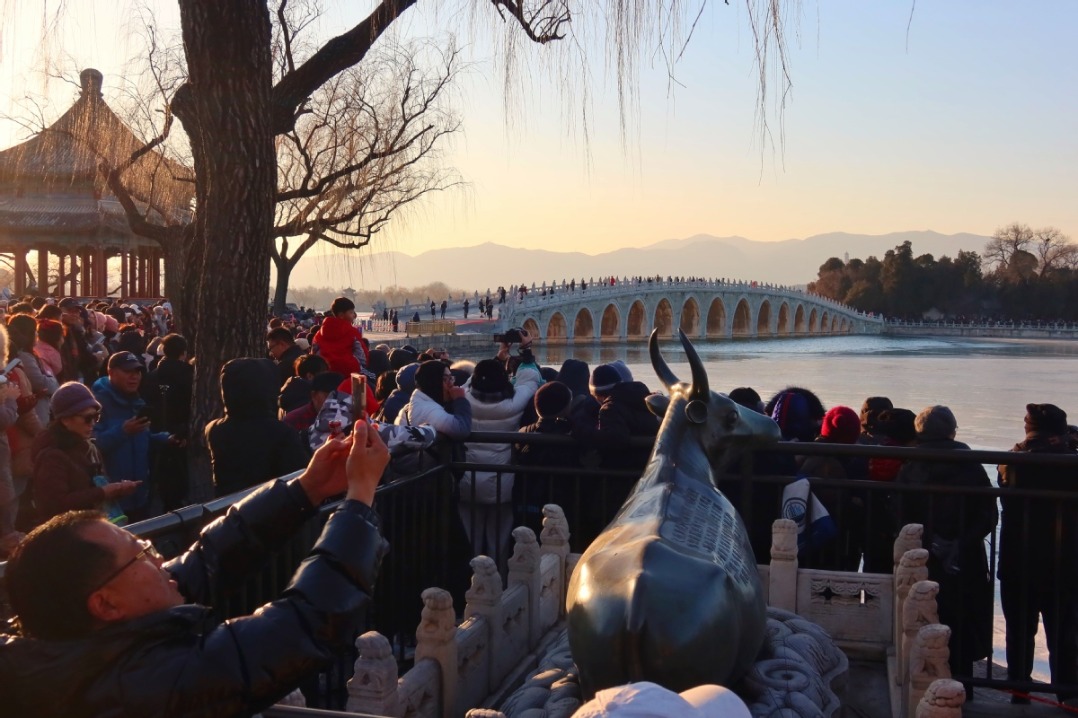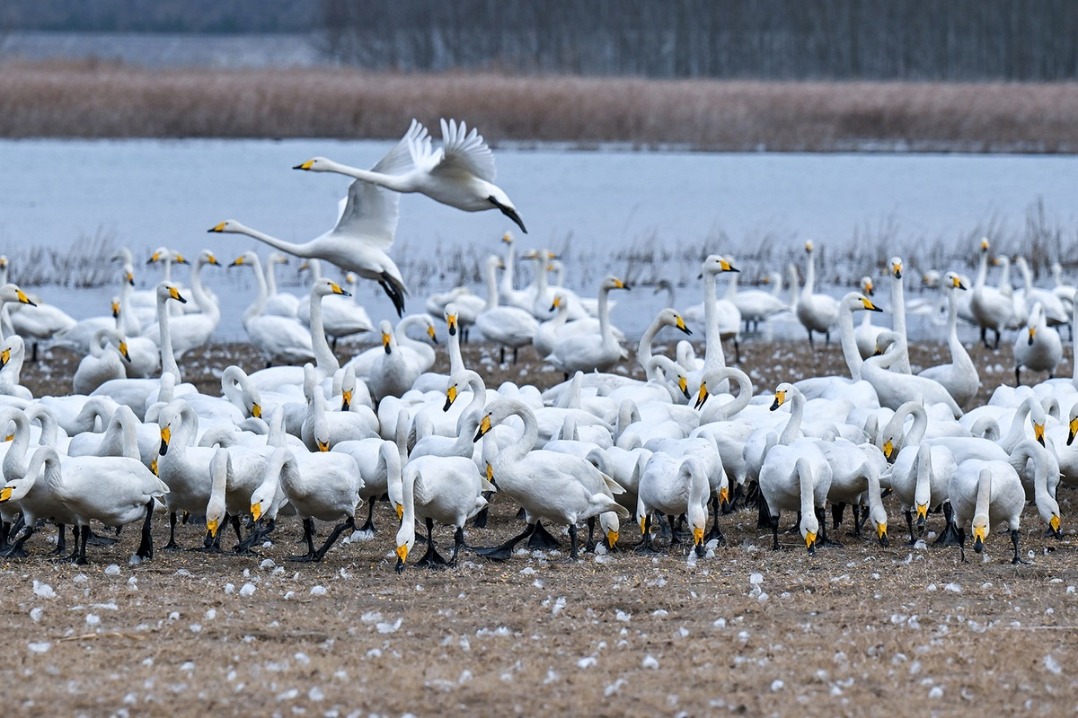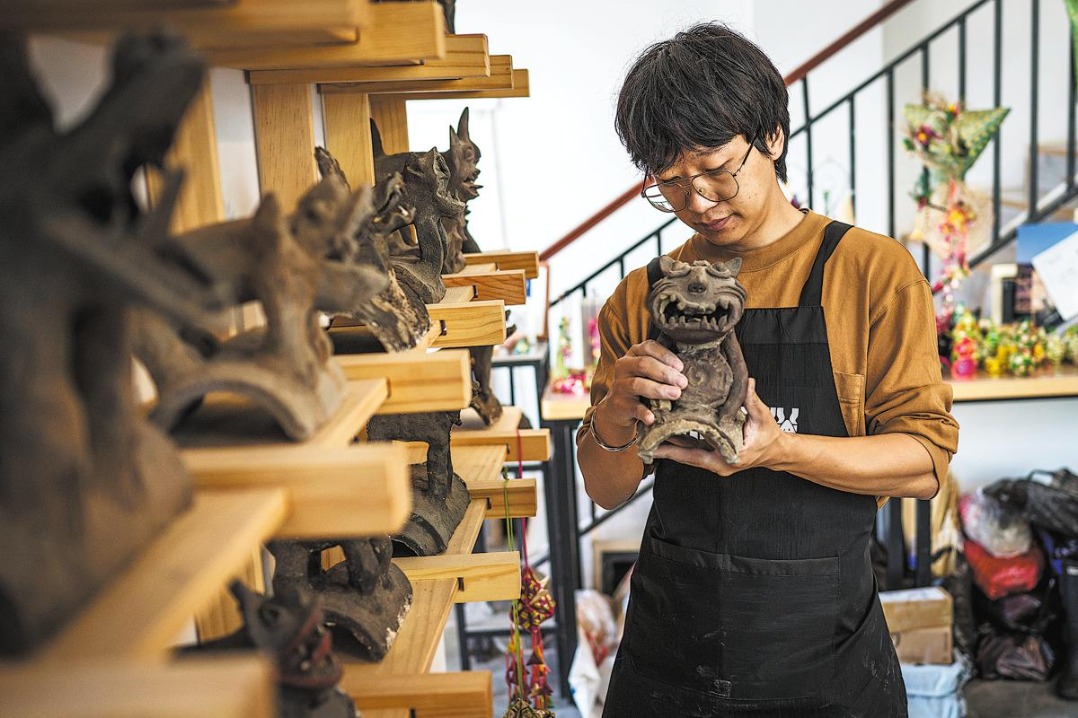Slow boat to Hong Kong


When Les Bird joined the Hong Kong Marine Police in 1976, he had no idea that he would be involved in search and rescue for Vietnamese refugees, and nor that getting to witness their harrowing saga from up close would one day prompt him to write a book.
In the two decades after the Vietnam War, which ended in 1975, hundreds of thousands of Vietnamese refugees sought asylum in Hong Kong. Entire families embarked on perilous voyages across more than 1,000 kilometers of ocean, many in boats that were barely seaworthy. Around 200,000 made it to Hong Kong's shores. Many more died of prolonged exposure to the rough waters or by drowning. Yet others were caught by the Vietnamese authorities, or captured and killed by pirates.
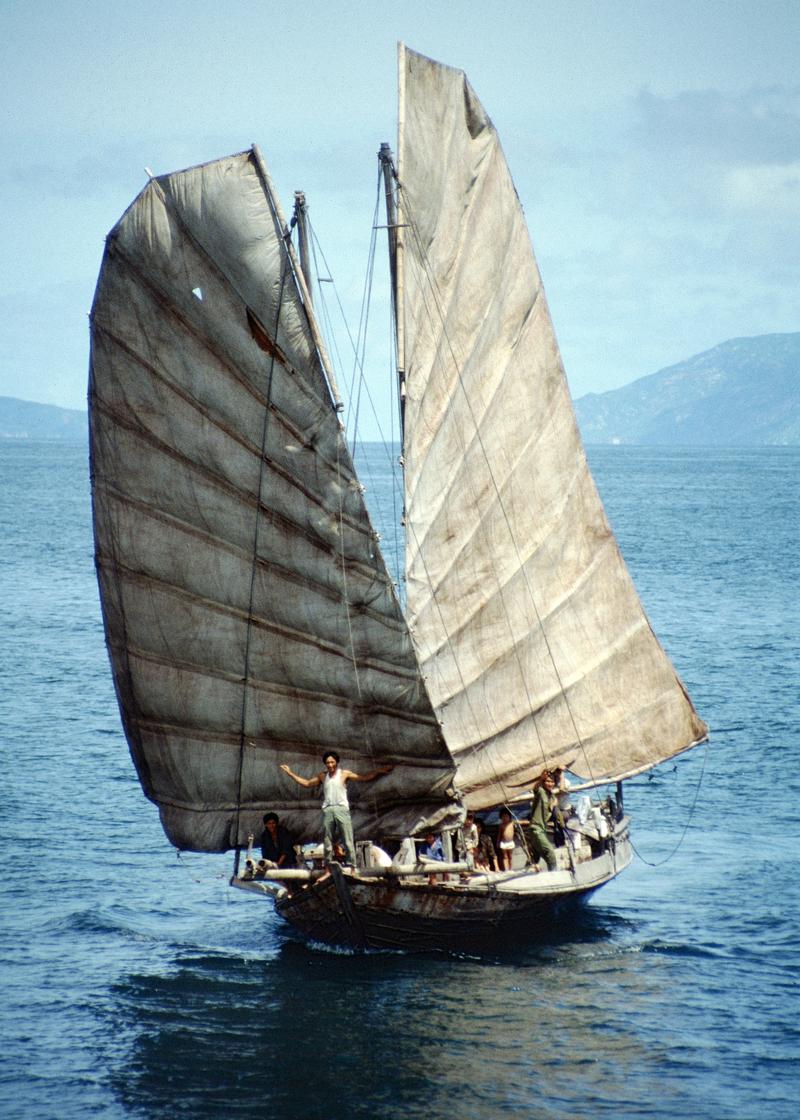
Bird's Along the Southern Boundary: A Marine Police Officer's Frontline Account of the Vietnamese Boatpeople and Their Arrival in Hong Kong, published by Blacksmith Books, is full of striking photographs of the Vietnamese refugees landing in Hong Kong — many of these taken by the author and his colleagues. In the years following his departure from the force, Bird rekindled friendships and collected stories from some of the surviving refugees, scattered across the globe.
Born in Staffordshire with family ties to Britain's Royal Navy, Bird left the UK in the early 1970s, in search of greener pastures. He ventured across Australia and Africa, and had briefly returned to his homeland where he saw a newspaper ad for a job with the Hong Kong police. The force was seeking fresh recruits following a period of weeding out graft, culminating in the founding of the Independent Commission Against Corruption. Bird joined the Marine Police in Tai O, and while his rigorous training included search and rescue, nothing could have prepared him for what was to come.
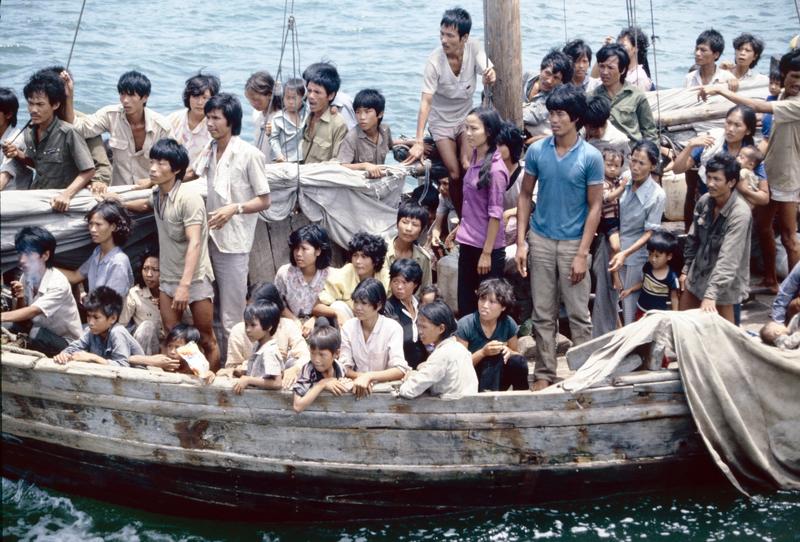
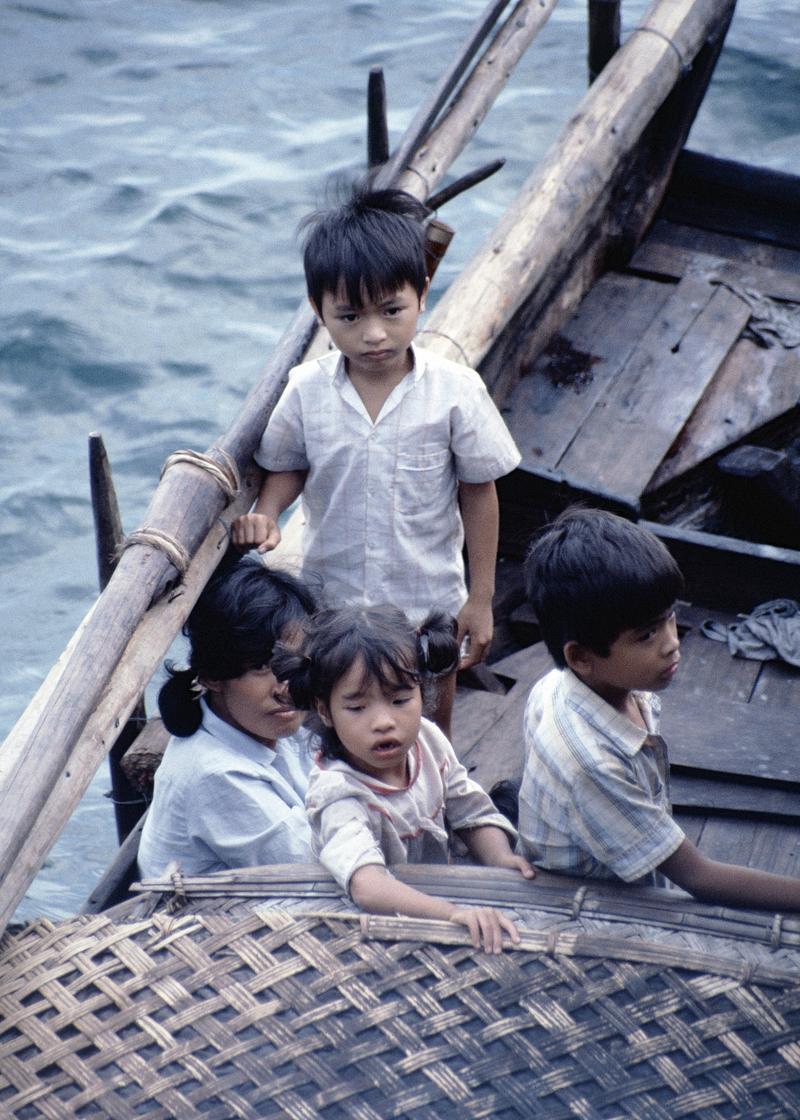
His first encounter with the Vietnamese boat people, in 1977, was surreal. A group of tiny, ramshackle boats crammed with roughly 30 people each had crossed the South China Sea in hopes of finding refuge in Hong Kong. Bird and his fellow officers were quick to react, bringing food, water and clothing to the needy.
This was the first of many such occasions. Successive boats brought entire families, including the fragile elderly and tiny babies. Refugee numbers continued to soar, the already desperate situation escalating in early 1979 with the Sino-Vietnamese war, which resulted in a further influx of ethnically Chinese Vietnamese refugees. That year Hong Kong declared itself a “port of first asylum” for all refugees from Vietnam. Bird was actively involved in receiving the new arrivals.
Along the Southern Boundary documents how Hong Kong dealt with individuals yet to be granted refugee status. Tens of thousands were held in closed camps, often for years, while they waited for their asylum claims to be processed. Eventually, most of the refugees managed to settle in developed countries, including the US, Canada and Australia. While the closed-camp policy remains a controversial subject, Hong Kong has stayed true to its “turn no refugee away” ethos.
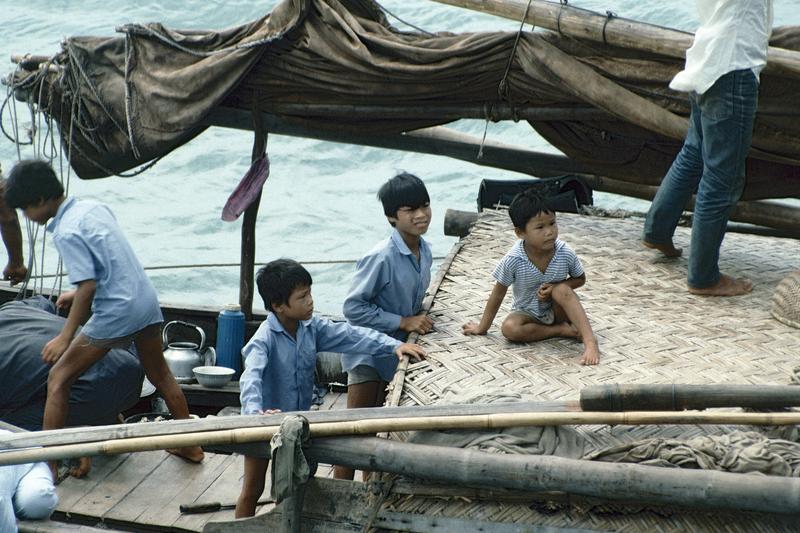
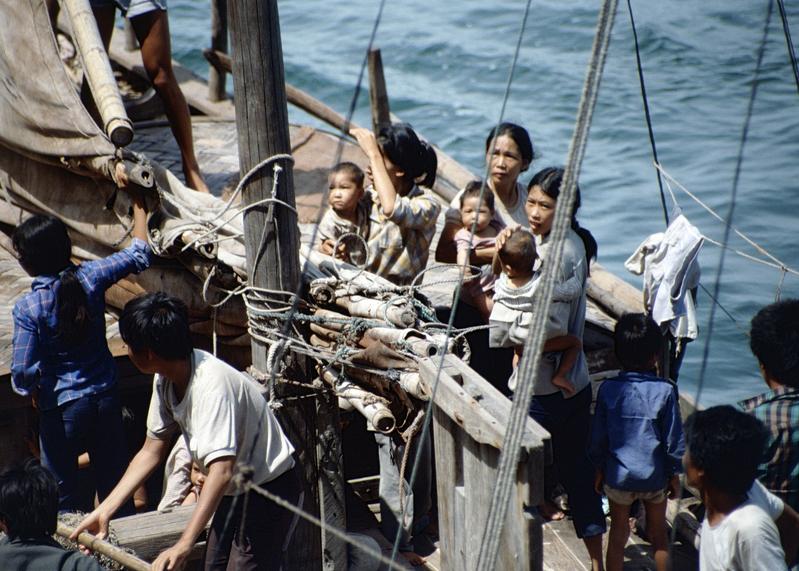
Bird's unique account of the time marks an important point in history. More than 40 years after the first boatload of Vietnamese refugees landed on Hong Kong's shores, Along the Southern Boundary transports readers back to the post-Vietnam War era, sharing the trials and tribulations of the refugees as well as Bird's heartwarming conversations with those he has reconnected with in recent years.
If you read
Along the Southern Boundary:
A Marine Police Officer's Frontline Account of the Vietnamese Boatpeople and Their Arrival in Hong Kong
By Les Bird
HK$180.00
- Shanxi ends province-wide blanket fireworks ban
- Audit: China fixes bulk of fiscal problems tied to 2024 budget
- China reports major gains in circular economy
- Chinese lawmakers review draft revision to banking supervision and regulation law
- Top legislature to study draft laws on environment, ethnic unity, national development planning
- Administrative organs must secure people's interests: senior judge




















